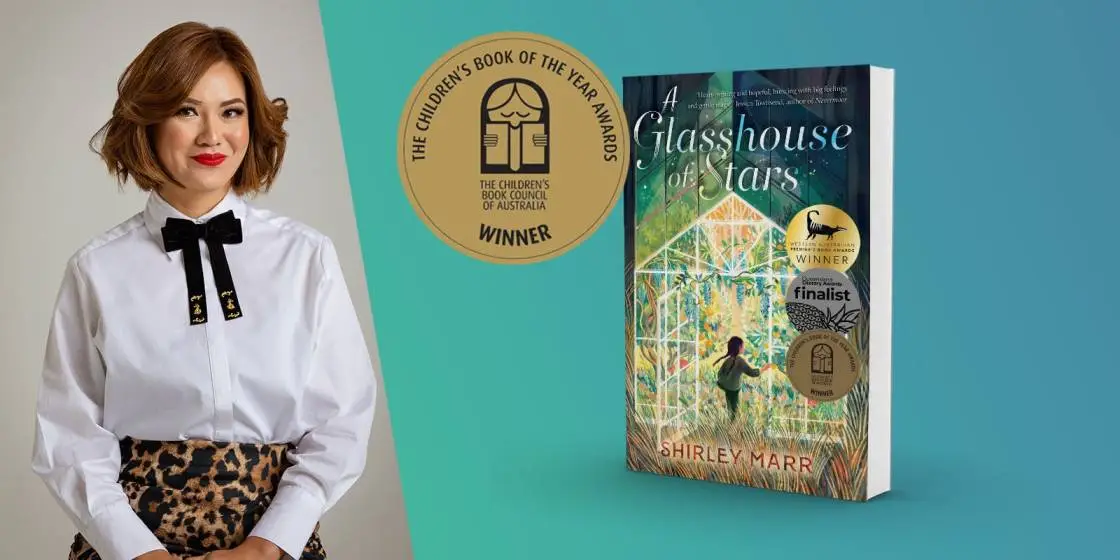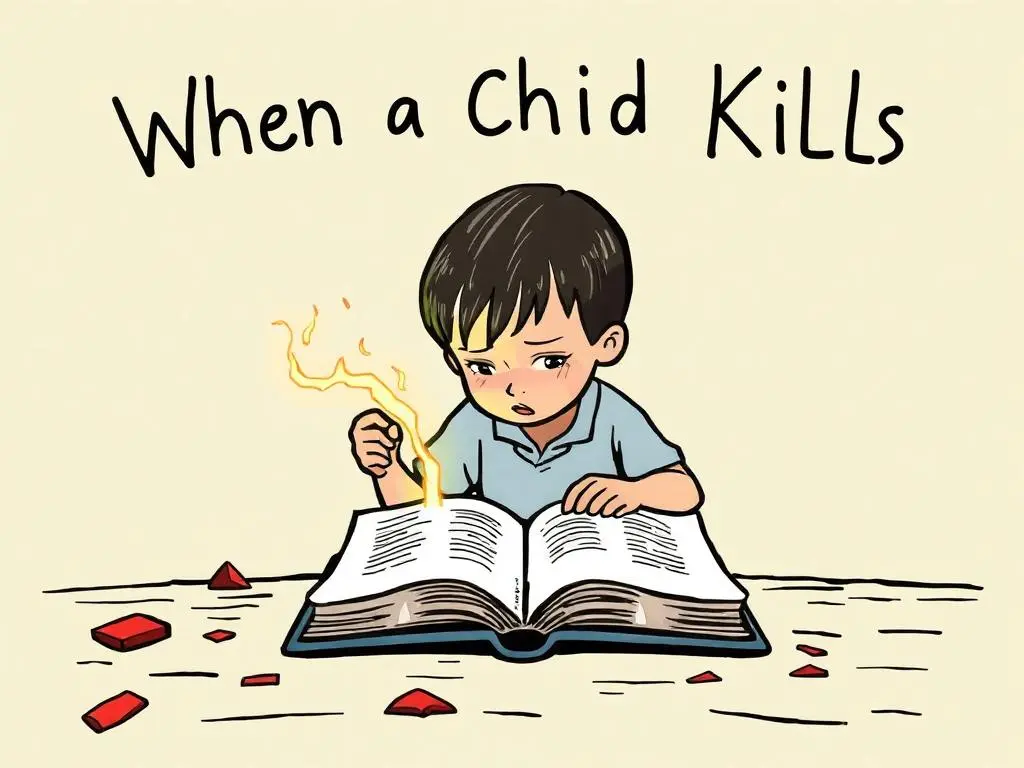The Novel That Made Jules Feiffer Ignore His Family on Vacation

The cartoonist, whose new picture book is “Smart George,” read Michael Chabon’s “The Amazing Adventures of Kavalier & Clay” on a trip to the Dominican Republic: “For five days, I barely moved from the beach chair.”
What books are on your nightstand?
It doesn’t matter. I can’t read them. I can’t read more than a half page of anything, including my own books, except for children’s picture books. I guess you can’t have interviewed that many 91-year-olds. I have failing vision, plus a macula condition, which is not serious enough to blind me, but effectively prevents me from reading more than a paragraph or two without my vision blurring. So my reading days are effectively over, but I have no trouble watching TV on my 70-inch screen, and I must say I find the TV adaptation of Philip Roth’s “The Plot Against America” a lot more credible, complex and involving than I did the book.
What’s the last great book you read?
I’m sure I’ve read at least a few great books since “War and Peace,” which I read in the early ’60s, but no names come to mind. In any case, Tolstoy’s epic opened up the world to me as nothing I’ve read or seen before, or since. Peter Brook’s dramatization of “Marat/Sade” comes in as a close second. Heartbreakingly, theater is now, also, closed off to me because I can’t hear much of anything, and those hearing devices they offer never helped.
Describe your ideal reading experience (when, where, what, how).
I had put off reading Michael Chabon’s “The Amazing Adventures of Kavalier & Clay,” because I didn’t think a novel about the early years of comic books could tell me anything I didn’t already know. But I took the book along on a family vacation in the Dominican Republic, and that pretty much concluded the family part of the vacation. For five days, I barely moved from the beach chair by the front of our rental, totally consumed by Chabon’s brilliant re-creation of the trashy, often sleazy comic book world that was such an important part of my early boyhood dreams, setting me off on the path that was to determine who and what I was to become. Chabon, himself, was too young to have experienced any of this stuff. But my God, how he got every bit of it right!
What book should everybody read before the age of 21?
“The Catcher in the Rye” and the whole nutsy-adorable Glass family saga. For my ’50s generation, Salinger was an addiction, and dominated much of our conversations, and even our ambitions. The lives we led, or pretended to lead, seemed to exist under the distracted eye of the disappeared genius. One had to get older to get past him. On the other hand, if you read “Gatsby” before 21, it was a good book, but reading it again 20 years later, you find a great Gatsby.
But remember, I was born in 1929, so little I read as a young man would make sense to a young reader today. I devoured John Dos Passos’ “U.S.A.,” Theodore Dreiser’s “An American Tragedy” and, every bit as appropriate today as in my youth, Mark Twain’s “The Adventures of Huckleberry Finn.”
What book should nobody read until the age of 40?
Just about anything you read that shaped your life before you were 40. It’s shocking to find out how much the books have changed as you’ve changed.
Which writers — novelists, playwrights, critics, journalists, poets — working today do you admire most?
As noted above, I no longer see or hear well enough to answer the question, unless I drag in the cartoonists and graphic novelists, whom I can mostly manage to decipher, except for the brilliant Chris Ware, whose lettering is so tiny, I can’t read a word, but whose art is, as ever, hypnotically inviting. Then, anything by Ed Sorel or Art Spiegelman or Peter Kuper or Lynda Barry or Jeff Danziger and others, a host of others, all many years younger, some of whom say they were influenced by me, and now the situation is reversed, and they lead and I follow.
Do you count any books as guilty pleasures?
A hundred years ago, it was Agatha Christie and Rex Stout and Erle Stanley Gardner.
Has a book ever brought you closer to another person, or come between you?
Oh, God yes, I wish I could remember!
What moves you most in a work of literature?
The skilled and gradual unveiling of hidden truths.
“Smart George” is a sequel to “Bark, George,” which came out more than 20 years ago. What other books (not your own) are ripe for a sequel?
Once one hits one’s stride as a writer, all that follows, I consider a sequel.
In an illustrated book, how central is the art to its success or failure, and what’s the relationship between art and text in your mind?
As I moved into children’s books and, then, graphic novels, I learned what should have been obvious from the beginning: Words and pictures exist as one, leading into and feeding off each other. Each is the reason for the other’s existence. This late-life epiphany gives me resolve, as I face the challenge of an 18 x 24 watercolor page (the size I see best on) refusing to go the way I planned — a dilemma that makes me more giddily happy than at almost at any other time in my career.
You’re organizing a literary dinner party. Which three writers, dead or alive, do you invite?
Chekhov, Robert Benchley and my old friend, Roger Rosenblatt.
Which subjects do you wish more authors would write about?
It’s been written about by Ta-Nehisi Coates and others, but I wouldn’t mind seeing more studies on how racism has promoted white nationalism into the American dream.
How do you organize your books?
Like my brain: pure chaos.
Who is your favorite fictional hero or heroine? Your favorite antihero or villain?
Pierre in “War and Peace” and oh, God! Age! age! age! What’s the heroine’s name in “Pride and Prejudice”?
What kind of reader were you as a child? Which childhood books and authors stick with you most?
Kipling’s “Just So Stories,” Will James’s “Smoky the Cowhorse,” Roy Rockwood’s “Bomba, the Jungle Boy” series, Will James’s “Smoky the Cowhorse,” Eric Knight’s “The Flying Yorkshireman,” Earl Derr Biggers’s “Charlie Chan,” and last (and probably least), Booth Tarkington, the road company Mark Twain. He made me feel so American that I couldn’t get enough of him.
How have your reading tastes changed over time?
Somewhere along the line, I stopped reading for pleasure, and more to find things out, which is a very different kind of pleasure.
Have you ever gotten in trouble for reading a book?
Only as a boy at P.S. 77 in the Bronx, and then, a few years later, across the street, at James Monroe High School. Both times in English classes because I made the mistake of taking the required reading seriously, and asked my teachers questions of real interest to me, thereby gaining the reputation of being “a wise guy.” Thankfully I graduated into becoming an Elder-Statesman Wise Guy, and have, this spring, been selected to be a doctor of humanities by Stony Brook Southampton, where I taught for some years. The class was called “Humor And Truth.” It was, like much of what I do, an improvisation.




